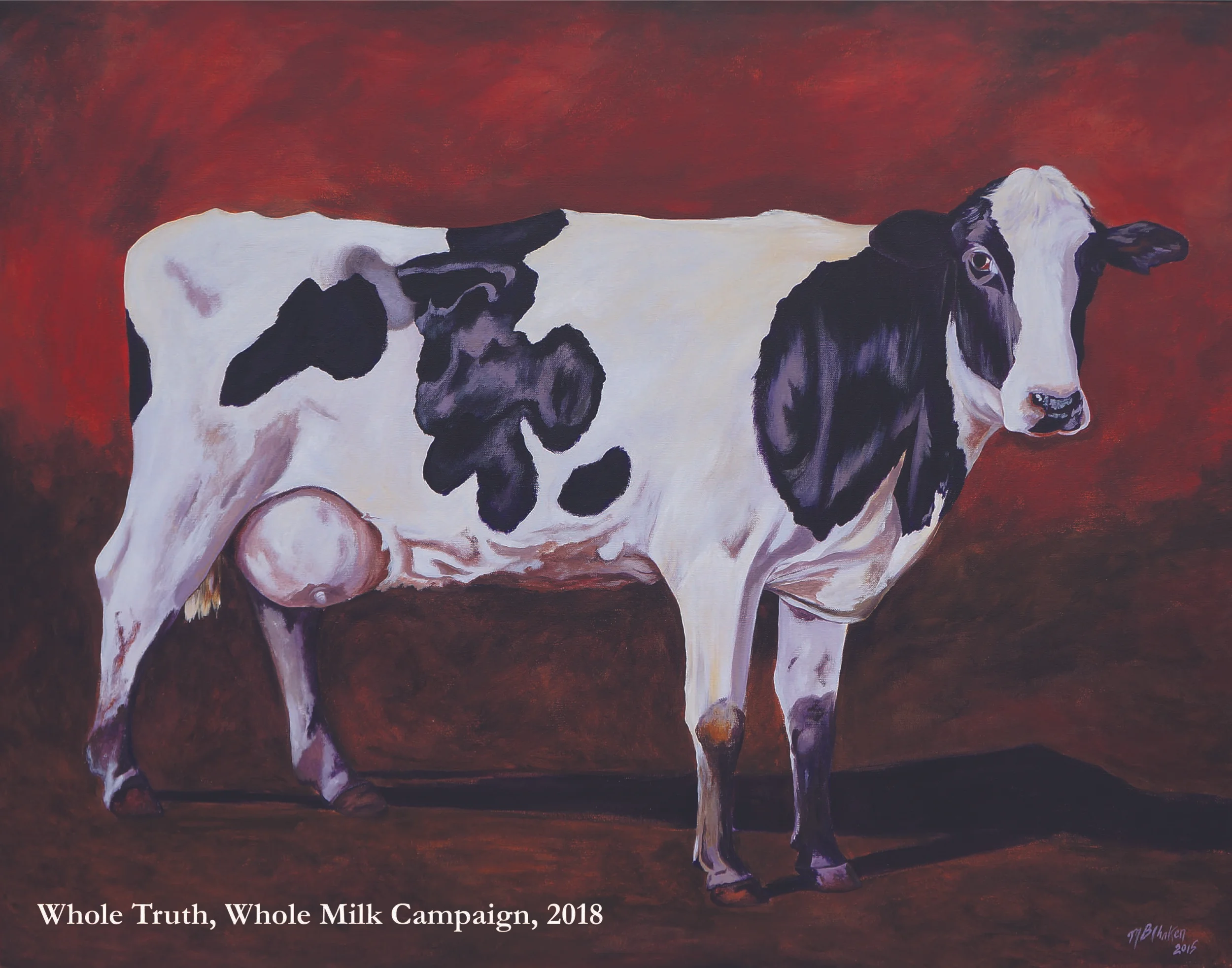Microbiome Benefits & Risks in Neonatology and Later Life
Would you spend as little as 2 hours of your time to learn about the highest priority for both preventive and therapeutic medicine in this 2nd decade of the 21st century?
You may be surprised to learn that ‘managing our microbes’ and becoming ‘microbial gardeners’ tending our partners in health (our gut microbiota) may provide our greatest opportunities to minimize disease and maximize health this decade!
The Upstate NY Society for Risk Analysis (SRA) brought together two Cornell professors who had never met, Rodney Dietert, an immunotoxicologist in the College of Veterinary Medicine, and Katherine McComas, a risk communication scholar and Faculty Fellow, Atkinson Center for a Sustainable Future. The audiences, one live at Cornell, another livestreaming on Facebook, and a third videoconferencing on Zoom, enjoyed their individual perspectives from their own disciplines, but even more their extraordinary interdisciplinary interactions that are informative, shocking, revolutionary and challenging.
Investing time to watch this video may be dangerous; you may decide to give up many comfortable assumptions and beliefs about microbes in neonatal health and beyond that are inconsistent with 21st century science!
Viewing this video may provide information that transforms your thinking and behaviors, your choices to protect your ‘human superorganism’ ecology and enhance health, despite modern degradation of our microbiota. The video engages a wide audience in discovering how our microbiota and immune systems can co-mature to avoid persistent inflammation and disease, as well as recover normal function after acute and chronic disease by first ‘minding our microbes’.
As Professor McComas noted, the video is packed with scientific information! However, don’t despair if you are not a scientist! Professor Dietert presents these important concepts in books geared for general audiences, as well as in technical presentations and journal articles.
The call to ‘do no harm’ in light of advancing knowledge from the ‘Microbiome Revolution’ and the Human Microbiome Project of the 21st century has new meaning when applied to communicating about risks and benefits in neonatology and beyond! Frameworks for assessing, communicating, and managing risks AND benefits to human health and safety must no longer exclude the microbiota, our gatekeepers to health.
Information is also presented about a joint SRA project including partners in Australia, New England, New Zealand and upstate NY who are considering evidence of benefit and risk for the microbiota of milks. The evidence calls into question the motivations for policies and laws that limit access to fresh unprocessed or raw breastmilk and milk from local dairies.
Evidence establishes reduced benefits to those who cannot choose the superfood, whole milk complete with its beneficial microbiota. Human milk banks around the world PASTEURIZE donor breastmilk for fear of potential pathogens, and many states and countries around the world prohibit sale of raw cow milk based on fear of microbes. Multiple speakers pointed out that SRA is an ideal interdisciplinary organization to convene diverse stakeholders for objective processes of deliberating evidence of benefits, as well as risks.
Viewers of the video will also learn about the upcoming Whole Truth, Whole Milk Campaign launching through SRA. The goal of the campaign is to provide objective documentation of evidence for benefits of raw milks from humans and cows in the peer reviewed scientific literature and the popular press. More information on the launch for the social media portion of the campaign will be available on this blog and the Upstate NY SRA website.
Click on the video below and prepare yourself to be amazed as the sparks of insight are kindled in your brain about the microbiota as our partners in health!
Assistance from two key people is greatly appreciated: Michael Roman for setting up the presentation files for the speakers and running and recording the event on Zoom; and Al Pagan who ran the Facebook livestream and prepared the high resolution video of the event with speakers and slides.
Questions and Comments?
Do you have questions about ecological and immunological concepts, or practices of risk analysis (assessment, communication, management) that are new to you? Your comments and questions can shape future blogs to explore this material more fully.
For example, comment if you would like to know more about the following, or offer another question that I will explore in a future blog.
self-completion from Homo sapiens to neonatal superorganism
Barker Hypothesis and Nurmi concept
colonization resistance and mechanisms for innate protection against pathogens
gut bacteria effects on the lungs,the brain, and other organs
systems biology and the microimmunosome
inflammation and acute and chronic disease
risk communication principles (emotionality, trust, and fairness)
laws/policies of countries, states, and townships that regulate access to raw milks
evidence of dose-response relationships for pathogens and the microbiota


